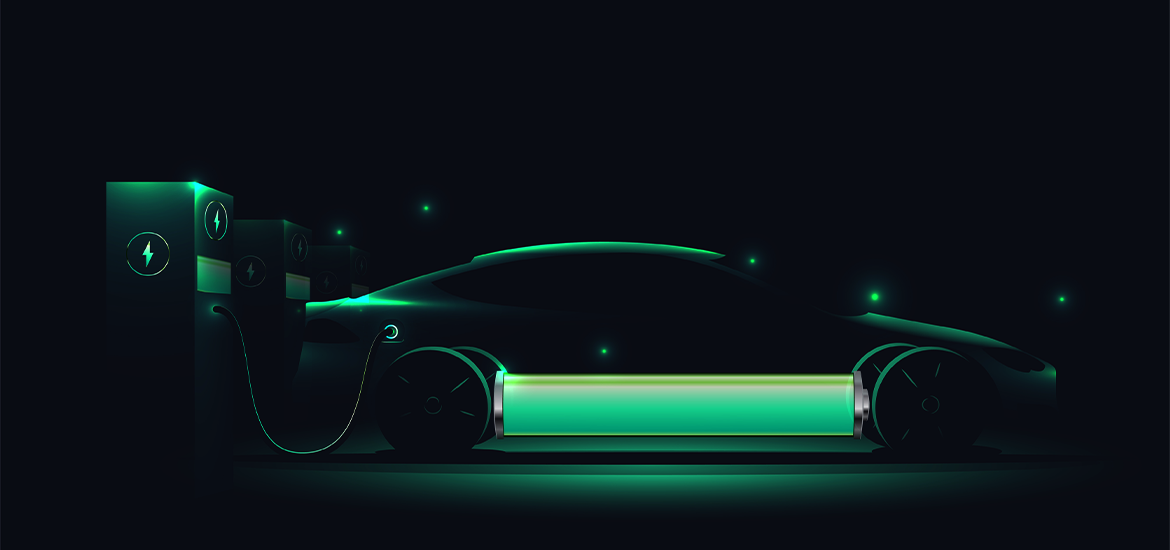
When Will All Cars Be Electric in the UK?
Find out when all cars will be electric or zero-emissions and how we will get there
From 2035, there will be a complete ban on the sale of new petrol and diesel cars in the UK. This is the first step on the journey towards all cars being electric, or at least zero-emission, by 2050, to meet the net-zero emissions target set by the UK government. These targets aim to reduce the impact of ICE (internal combustion engine) vehicles on the environment, helping the UK become a more sustainable country.
Obviously, this isn't going to happen overnight. While all vehicles don't need to be electric until this date, means many manufacturers will phase out their ICE models in favour of electric cars (EVs) within the next few years.
The market share of electric cars is already growing but, as a result of these deadlines, they are likely to take the majority share within the decade. Vauxhall has already committed to being fully electric by 2028 while every new Volvo model is available as a fully electric car as well as a hybrid, petrol or diesel.
What About Buying Second-Hand ICEs?
As of February 2025, there has been no legislation outlawing the sale of second-hand vehicles in the future. This means you will still be able to buy a second-hand petrol or diesel car after 2035. The same applies for second-hand hybrid cars.
Should I Buy an Electric Car Now or Wait?
As there is such a big EV drive, you might feel some pressure to buy an electric car right now. However, electric cars don't suit every driver. It may not be affordable or practical for you to drive one in 2025.
If you are considering EV ownership, you need to weigh up all the positives and negatives of driving an electric car. These include:
- Running costs
- Range
- Charging costs
- Where you can charge it
However, the main consideration should be how you can afford an electric car. Currently, they are quite expensive and even the cheapest electric car will set you back more than £20,000.
Will Electric Cars Get Cheaper?
Yes, electric cars will get cheaper. At the minute, the batteries are the most expensive element and, as they get cheaper to produce, the end product will be cheaper to buy.
What’s more, electric cars will get cheaper as demand for them grows. As we mentioned earlier, they only have a small market share in 2025. As this grows, prices will reduce.
If you are looking for a cheap electric car right now, you might want to consider buying a second-hand model.
Read More
How Can I Afford an Electric Car?
As electric cars are still so expensive, many drivers are worried about how they can afford to own an EV. In this article, we discuss what finance options are available, the Government grants and other ways to own an electric car.